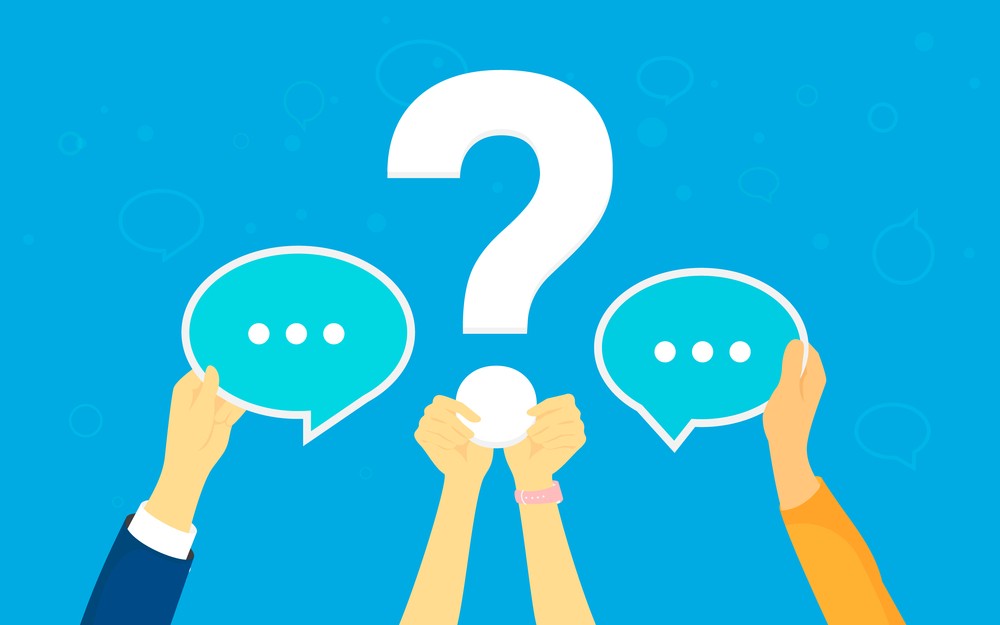As a BetterHelp affiliate, we receive compensation from BetterHelp if you purchase products or services through the links provided
When talking about therapy, the first thing that usually comes to mind is mental health. And while it’s true that therapy can be highly beneficial for those struggling with mental health issues, it can also be helpful for people dealing with other types of problems.
One group of people who can benefit from therapy is young adults. If you’re a young adult struggling with some issue in your life, whether it’s anxiety, depression, relationship problems, or something else, therapy can be a great way to get help.
In this blog post, we’re going to talk about therapy for young adults. We’ll discuss what to expect from therapy, the benefits of therapy, and where to find help.

When is it Time for Young Adults to Seek Therapy?
Deciding whether or not to seek therapy is a personal decision – there is no right or wrong answer. However, some general guidelines may help you to decide if therapy is right for you.
If you’re feeling overwhelmed or stressed, therapy can relieve these symptoms. Additionally, if you’re struggling with negative thoughts or changes in your eating habits, therapy can help address these issues. Finally, therapy can provide guidance and support if you’re experiencing difficulties in personal relationships.
Ultimately, whether or not to seek therapy is a personal decision – but if you’re feeling lost or struggling to cope, professional help may be a good option.
Common Symptoms of Anxiety
Young adults are particularly vulnerable to developing anxiety because of the hormonal changes that occur during adolescence.
Some of the most common symptoms include feeling tense or tight, worrying excessively, and having trouble sleeping. Anxiety can profoundly affect daily life, leading to irritability, difficulty concentrating, and restlessness.
Therapy can give you the tools to manage your anxiety and live a more balanced life. Several therapy options are available for young adults if you struggle with anxiety. Don’t hesitate to reach out for help if you’re struggling.

Common Symptoms of Depression
Though it’s often stereotyped as a mental illness that only affects older individuals, depression is also common among young adults. In fact, according to the National Institute of Mental Health, around 11% of Americans aged 18 to 25 experience symptoms of depression in any given year.
These symptoms can include sadness and worthlessness, decreased appetite, poor sleep, and lack of interest in activities you used to enjoy.
If you’re experiencing any of these symptoms, you must reach out for help. Talking to a therapist can be an incredibly effective way to get relief from these symptoms and start feeling like yourself again. And if therapy isn’t an option for you, simply talking to a trusted friend or family member about what you’re going through can also be helpful. So don’t suffer in silence – reach out for help if you’re struggling with depression.
What to Expect in Therapy for Young Adults

Seeking therapy can be a challenging but rewarding decision. It can be tough to open up and share your feelings, but improving your life’s quality is essential.
Therapy is a gradual process that will help you work through issues step-by-step. Finding a therapist dealing with young adults is critical for optimum results. Some types of therapy can include CBT, self-help, and interpersonal therapy.
During your session, you’ll be asked questions about your mental health and recent events in your life. By sharing your experiences and working with a professional, you can begin to understand yourself better and make positive changes in your life.
How Do You Go About Finding Therapists for Young Adults
There are many therapy options available for young adults. You can find a therapist through online directories or by searching online. You can also look up local mental health clinics in your area. When choosing a therapy option, it’s essential to consider your needs and budget. Some therapy options may be more expensive than others.
Once you’ve narrowed your therapy options, make an appointment with a therapist to see if they’re a good fit for you. You can also read online reviews to understand what other people have experienced with different therapy providers.
Some therapy providers offer online therapy, which can be convenient and discreet. If you decide to go this route, be sure to research the provider to make sure they’re reputable and have experience working with young adults, like Teen Counselling, who you can look at here.
Therapies for young adults can be very helpful in managing mental health conditions. With so many therapy options available, there’s sure to be one that’s right for you.
Conclusion: Getting Therapy for Young Adults
If you’re a young adult struggling with mental health issues, know that you’re not alone. Many people go through similar struggles at your age. Thankfully, there are many therapy options available specifically for young adults. Therapy can give you the tools to manage your anxiety and live a more balanced life. Don’t hesitate to reach out for help if you’re struggling. Some people care and want to see you succeed.
Frequently Asked Questions

- Author
- Recent Posts </ul>
- Breaking the Silence: Why Men’s Mental Health Matters More Than Ever - April 15, 2025
- How to Transform a Home’s Patio Space into a Relaxing Space - March 23, 2025
- 5 Strategies to Use a Cell Phone to Help Manage Your Stress - March 23, 2025 </ul>
This site contains affiliate links to products. We will receive a commission for purchases made through these links.



